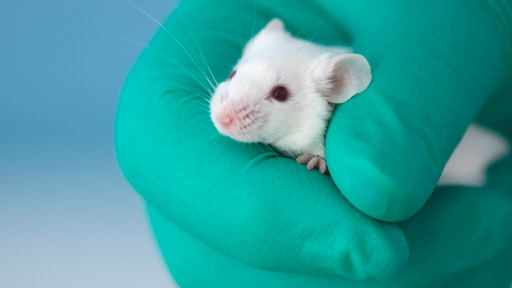Many people regard animal-based medical research as justifiable because of medical and social benefits that may come from it, yet little evidence is available to support this view. According to the 3Rs (replacement, refinement, and reduction) seeking alternatives that both minimize adverse effects on and improve the welfare of experimental animals needs more attention. Public attitudes toward animal-based medical research may be an important variable in directing the discussion of laboratory animal welfare.
The present study, therefore, investigated public attitudes toward laboratory animals in medical research, ranging from endangered wild animals (e.g., chimpanzees, dolphins), farm animals (e.g., cows, pigs), companion animals (e.g., dogs, cats) to some typical laboratory animals (e.g., rats, insects). These attitudes are then discussed from the perspective of East Asian and Anglo-American cultures.
Our results demonstrate that people with a higher ‘compassion to animals’ score have a more welfare-oriented attitude toward animal-based medical research. This indicates that people’s concern for animal welfare is inherent to challenging animal-based medical research. However, using animals in medical research helps to save humans’ lives, which can generate a moral conflict for individuals who disagree with animal use . More generally, the awareness of both animal welfare and the need for medical breakthroughs may promote efforts to seek alternatives (e.g., computer models, artificial animals) to replace animal usage, which, to some extent, could alleviate the conflict of values between medical progress and animal use. However, a growing number of people challenges or refutes animal-based research, independent of their nationalities and cultures.
Read the full paper here: Su, B., Zhang, C. & Martens, P. (2021). Attitudes in China, Japan, and the Netherlands toward the use of animals in medical research. Anthrozoos.
